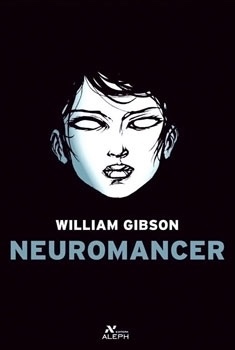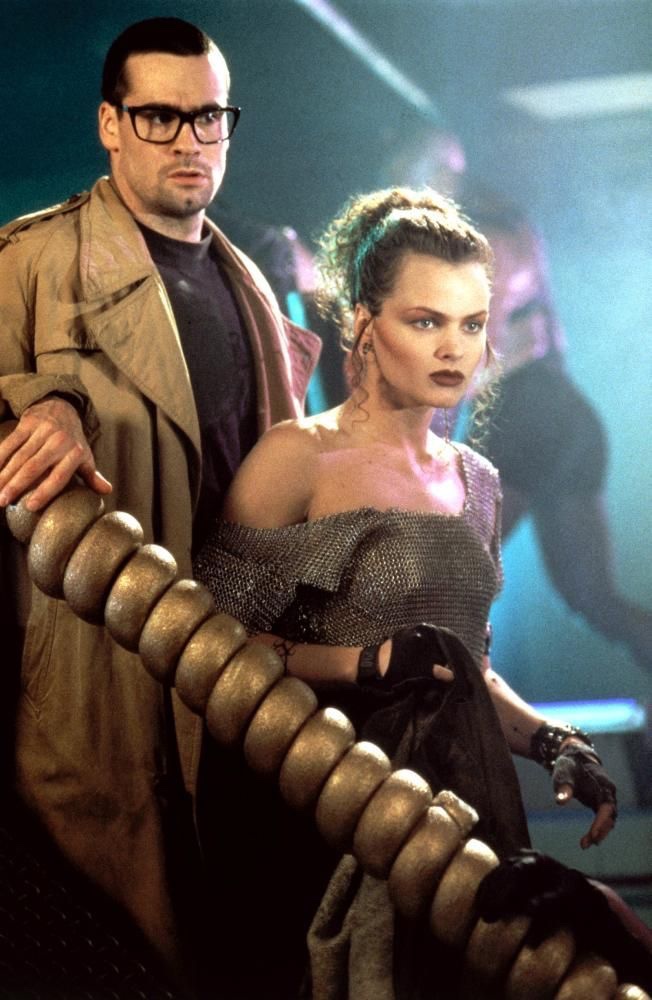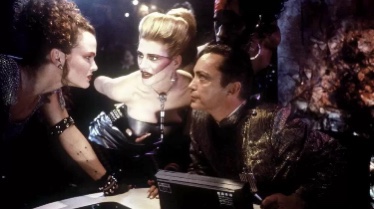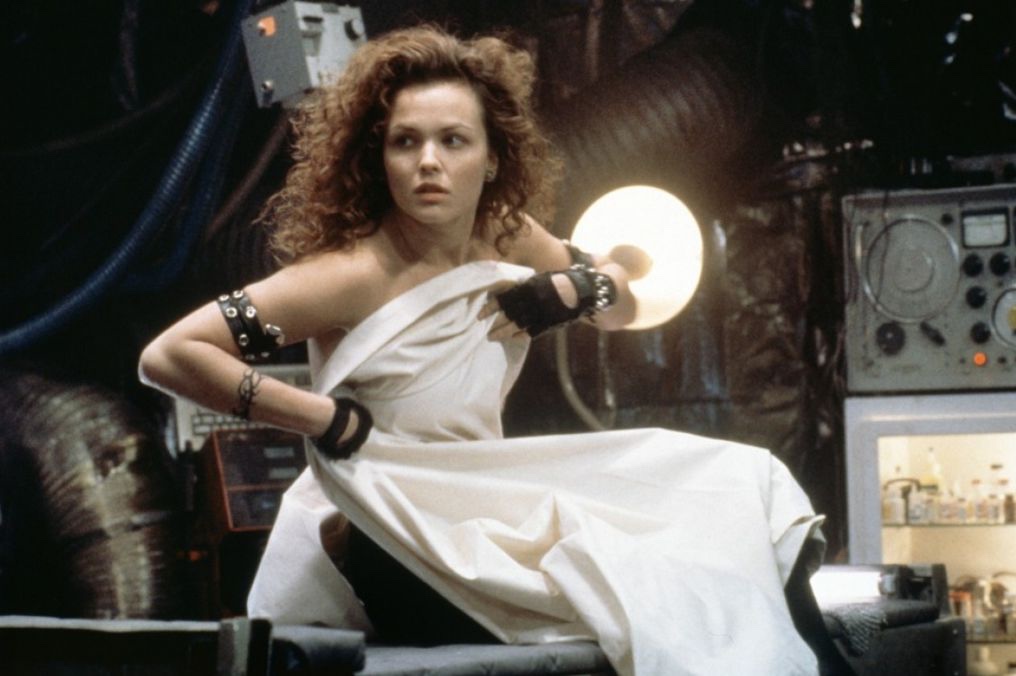I’ve been one of those types that absolutely has no problem taking a shot at the Christo-fascists dorks at CPAC mincing words about eradicating trans people from public life. Fuck you, you fucking fucks, you absolutely would be fine if state sanctioned violence eliminated trans people. It’s not you being metaphorical or cute or whatever justification you used. It’s killing strangers.
I wasn’t any more amused when folks decided it was alright to discuss a cost benefit analysis of keeping the disabled alive within the context of state benefits. No thanks I am not interested in a mercy killing because I’m expensive. Oh it’s a mercy killing for children? Yeah no still good thanks. Fuck you Canada. Medicare for all sounds good up until you decide to put me on palliative care via the metaphorical ice flow of opioid addiction.
So you might imagine I am equally sensitive about someone making jokes about euthanizing people who pays their bills by investing in early stage startups. Oh it was just a joke about how Keynes didn’t like the rentier class? Hilarious.
I am just rolling on the ground laughing at your erudition. Yes, benefits of a classical education. Har har. It’s so much smarter than the CPAC guy who wants to kill trans women. Definitely smarter than those segueing to mercy kill sick Canadian children. Oh wait, no it’s fucking not you sick fucks. Stop killing strangers in your rhetoric for shock value and clicks.
Perhaps I could interest the Jacobin audience members in a trip back to the Opium Wars, funded by Franklin Delano Roosevelt’s grandfather, just so we understand the gruesome reality that the New Dealers saw first hand in their own family trauma. Or if we are pluming the depths of the historical animosity towards finance and it’s intense hypocrisy, I’ll send you back with a copy of my favorite conspiracy text Creature from Jekyll Island. Then we can have a nice big chuckle about blood libel if you make it back.
I cannot believe that I am writing about any of this social media blood lust but perhaps we could all listen to Marilyn Manson’s Killing Strangers together and decide that there is no clever or enjoyable way to advocate for the killing of strangers. That it’s not cute to joke about killing people you don’t know just to further your political or economic aims. I’ll try to stop joking about how it’s ok to punch Nazis.
I am baffled that I keep ending up in groups that become the target of the genocide curious. I know being a hysterical disabled white bitch is a pretty commonplace “kill them all fetish” and smarter minds than me can untangle how all roads lead to disability. Witches and bitches.
But I’m getting unsettled seeing how it piles up and I keep getting lined up in other people’s sights. I’m married to a Jewish man. I’ve got queer family members. And yes I make a living investing capital (that I raised from weirdos) into other weirdos. Don’t worry my AUM is small enough I can’t live off management fees. Ironically because I’ve got medical bills because I’m disabled.
If you don’t know what that means and you still want to kill m perhaps it’s you that is the psychopath. Just a thought. Not that psychopaths are bad it’s just that I’m worried you will act on it. It’s not always clear if we are the baddies but advocating for blanket euthanasia is probably a helpful marker. Just like as a baseline for civilizational norms.
Either way, I’m not letting any of you kill my queer disabled Jewish rentier bourgeois family members. I don’t care if you a Jacobin or a CPAC member or a pissed off narco-trafficker running Fentyl out of Toronto. If you want to kill me because I’m a stranger and you don’t want to hurt the ones that you love. Ok. But I’ve got no intentions of making it easy for you.






